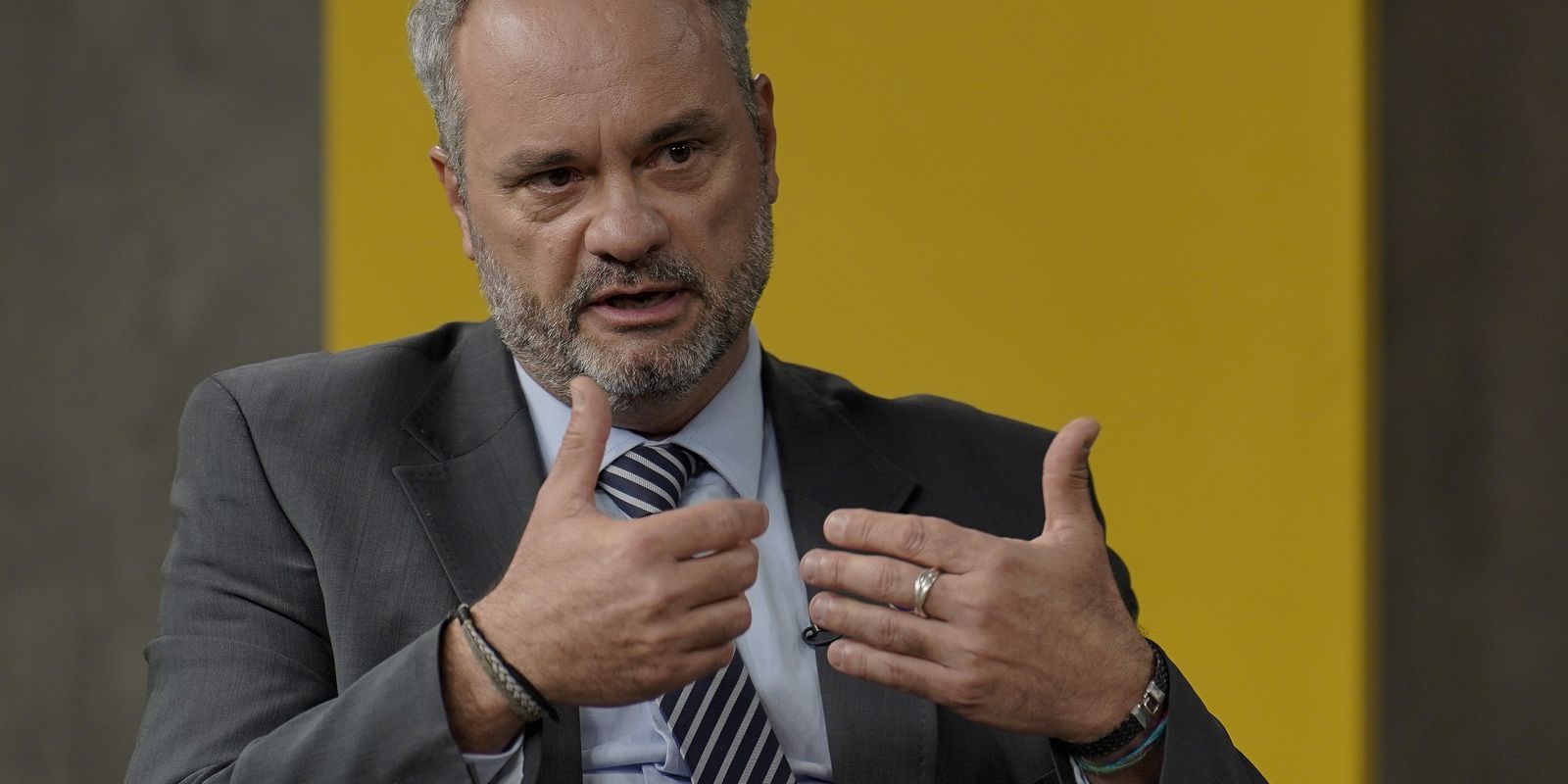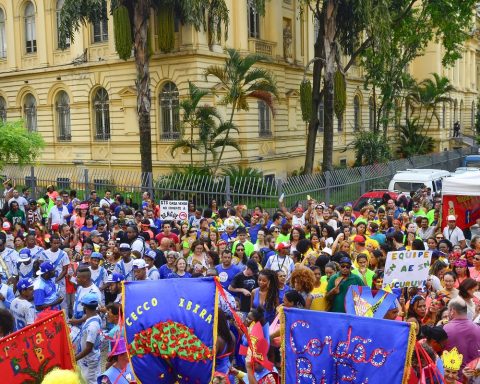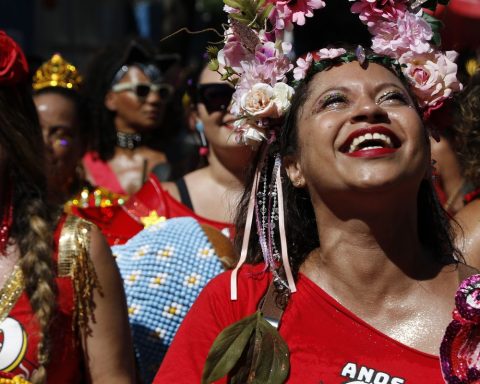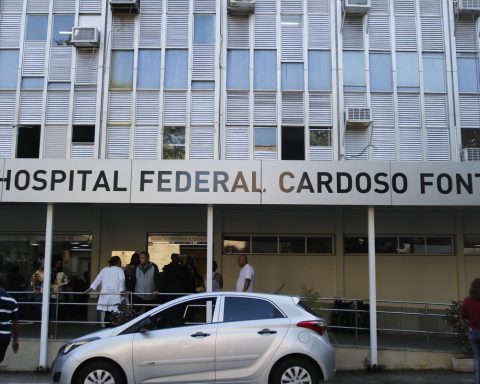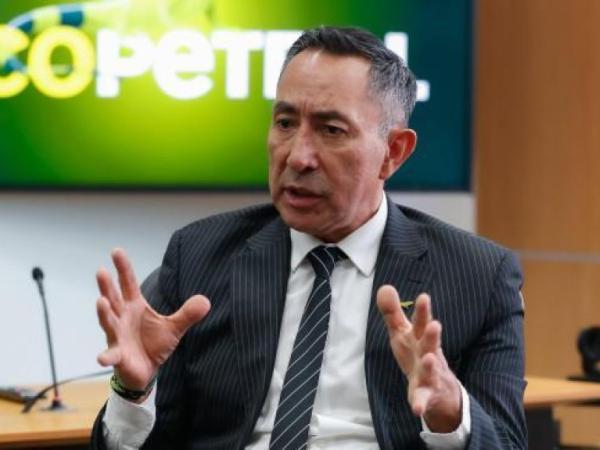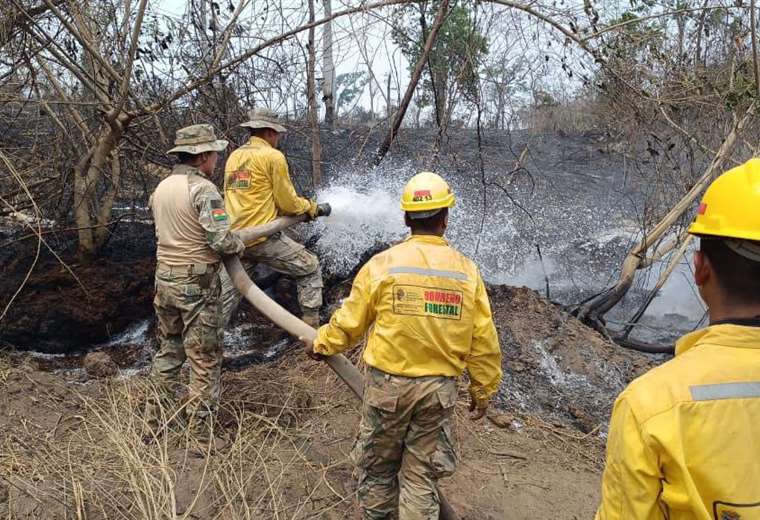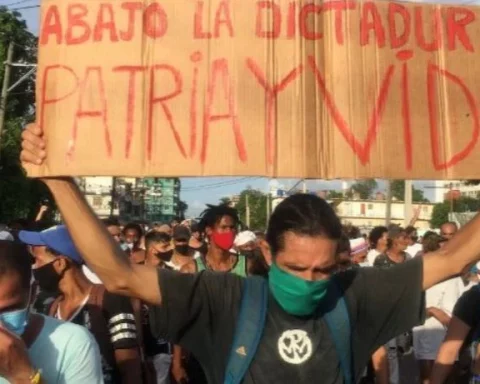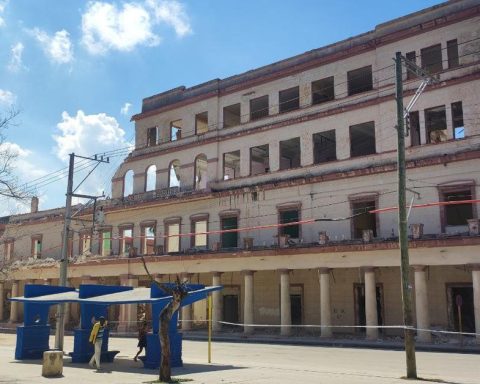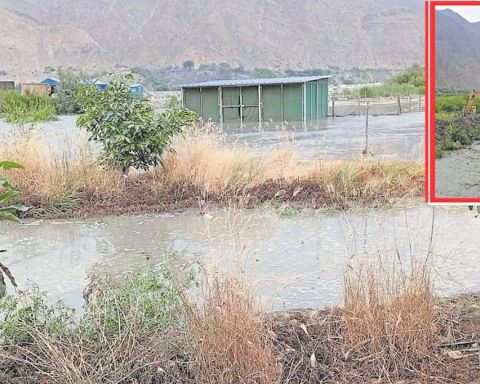The Brazilian public service currently registers more women than men; average education higher than that of the private sector; and workforce concentrated on sectoral activities aimed at public policies, no longer on auxiliary or support activities. The data comes from the Secretary of People Management at the Ministry of Management and Innovation in Public Services (MGI), José Celso Cardoso (photo).
“All of these aspects lead to higher individual and organizational performance over time”, he assesses.
In an interview with Brazil AgencyCardoso states that federal public servants are part of a heterogeneous and unequal occupational group, as a result of the construction of the administrative structure that began to provide more services. As a consequence, the secretary believes that “great institutional and remuneration inequality” prevailed between organizations and employees within the state structure.
“A photograph of this occupational structure in 2024, compared to 20 or 40 years ago, shows that, today, the federal public sector operates in many more areas than before, but this movement was not accompanied by processes of career rationalization or standardization of the forms of action”, explains the secretary.
Among the strategies adopted by the federal government amid the current scenario is the publication of the Ordinance 5127/2024which aims to institute processes to harmonize the career system, in addition to implementing the so-called New Quota Law and holding the Unified National Public Competition (CPNU) in August.
Due to Public Servants Day, celebrated this Monday (28), the secretary also commented on strategies such as the Plan to Prevent and Combat Harassment and Discrimination, which aims to promote gender and racial equality and social diversity “ as a factor of convergence between the profile of the Brazilian population and that of the workforce in the federal public sector”.
>> Check out the main excerpts from the interview below:
Brazil Agency: How important is a date to honor servers?
José Celso Cardoso: Working for the State – but always at the service of society – implies understanding that this is the main entity created by humanity to guide its actions from a long-term vision for national development, having macroeconomic, macrosocial and territorial perspectives as guides, as well as the production of public value in a non-monetary sense as a paradigm.
Working in the public sector should, ideally, be motivated by personal attributes linked to the vocation for the public sphere and the desire to provide services to the population, as a way of enabling or improving state/public service to the community.
Furthermore, to carry out changes that actually positively impact the individual and institutional performance of the State in Brazil, the changes must be aligned with organizational principles, which are also fundamental objectives of the Republic for the Brazilian public sector, including: democracy as a political value and form of government most suited to achieving lasting consensus and more in line with the country’s socioeconomic reality; the promotion of social diversity as a factor of convergence between the profile of the Brazilian population and that of the workforce in the public sector; stability in occupation, ideally achieved through meritocratic criteria in an environment of greater economic homogeneity, republicanism and social democracy.
Brazil Agency: Who are the current federal public servants? Is there a uniform profile or is it diverse? How has the ministry sought gender and racial equity in management?
Cardoso: Federal public servants in Brazil are part of a very heterogeneous and unequal occupational group. The heterogeneity arises from the many historical cycles through which the radius of government activity and the corresponding federal bureaucracy were built in the country.
A photograph of this occupational structure in 2024, compared to 20 or 40 years ago, shows that, today, the federal public sector operates in many more areas than before, but this movement was not accompanied by processes of career rationalization or standardization of forms of action. As a consequence, great institutional and remuneration inequality prevailed between organizations and employees within the state structure.
Hence the importance of measures such as Ordinance 5,127/2024which aims to establish processes to harmonize the career system, simultaneously with measures such as the CPNU, the new Quota Law, the Plan to Prevent and Combat Harassment and Discrimination, among others, which aim to promote gender equality and race, as well as social diversity as a factor of convergence between the profile of the Brazilian population and that of the workforce in the federal public sector.
Today, there are already more women than men in the public sector, the average level of education is higher than in the private sector, the workforce is already more concentrated in sectoral activities aimed at public policies than in auxiliary or support activities and all these aspects lead to higher individual and organizational performance over time.
Brazil Agency: What new skills and abilities does MGI expect these professionals to have?
Cardoso: Among the characteristics considered indispensable for public servants of the future are those related to resolving situations based on evidence, that is, the ability to develop policies, services and products in an incremental and experimental way, in addition to ensuring decisions guided and supported by credible data and information; focus on results for citizenship or ability to understand and direct the services performed as a public agent to solve needs and activate citizenship; digital mindset or ability to seek out and experiment with new ideas and ways of working.
Of course, the above notes are correct and relevant. But I would like to add two dimensions that complement each other and that actually make up the main scope of what we usually call Public Ethos.
The first I call critical and dense knowledge about Brazilian reality. It concerns the fact that neither the training nor the performance of the public professional of the future could ever dispense with (or have historically dispensed with) each person’s personal and professional understanding of the historical, social, cultural, economic, political, institutional contexts within from which or from which the individual performance or professional exercise of employees takes place.
Understanding the relationship between the economy and the reproduction of inequalities in Brazilian society requires an effort to interpret the historical-structural aspects that explain the constitution of Brazil as a nation, seeking to recover the determinants of its economic and social formation since our colonial past.
The second dimension refers to the need for critical and dense knowledge about the relationships between the State, public policies and development. Like the previous one, this dimension is important because we are today immersed in an increasingly complex institutional reality, with multiple interpretative possibilities, ranging from positivist traditions (agenda and coalition approaches) to post-positivist and critical studies (discourse approaches). and discursivities; or approaches based on arguments and values).
In addition to examples of analytical lenses that seek to build bridges between traditions (approaches based on governance and the instrumentation of public action; and approaches based on bureaucracy and institutional activism) and new aspects (approaches based on consumers and approaches based on emotions and multi-actorality).
Brazil Agency: How should the competition and salary negotiation policy be followed?
Cardoso: The new Ministry of Management and Innovation in Public Services (MGI) was born as an agreed split from the Ministry of Economy, but it is not just a packaging of existing departments.
Although the traditional focus is maintained, it has been expanded, as there are new approaches, missions and challenges posed to each of them, as well as the immense task of reconstruction with institutional transformation of the State.
The main task at the beginning is to recover the government capacity that has been destroyed over the last few years. This is a necessary condition to be able to put into motion – quickly and effectively – new government policies and priorities in the shortest possible time.
Hence the relevance of a reconstruction with transformation of the State apparatus of a republican and democratic nature, which brings more transparency to decision-making processes, in dealing with public matters in general, an inescapable condition for redirecting government action, (re)creating and strengthening state capabilities to meet the vital needs of the population.
It is in this context that both the resumption of public tenders and the resumption of negotiations on working conditions and relations in the public sector are inserted.
